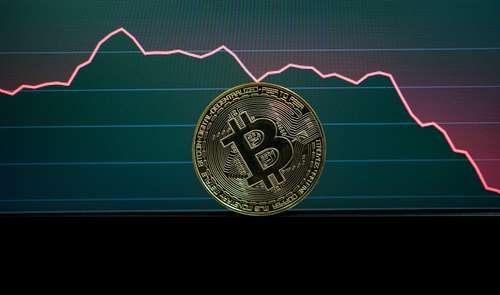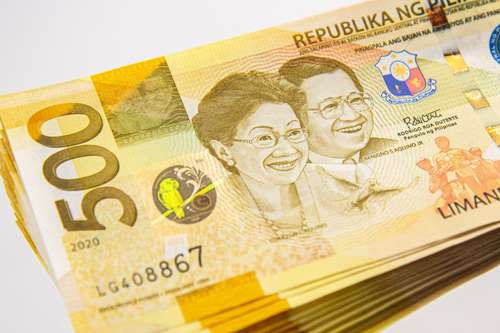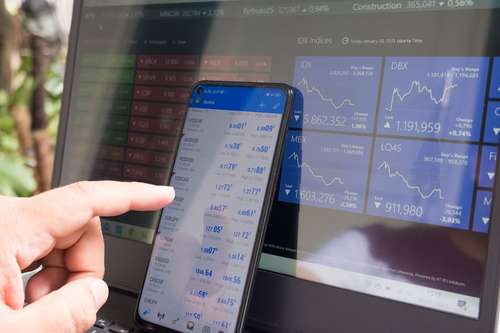
Indonesia, a Southeast Asian country, is emerging as a flourishing crypto hub and aims to become a leader in Web3 technology, as affirmed by Indonesian blockchain and metaverse executives.
Tuhu Nugraha, working closely with the Indonesian government, has revealed that trials for applying blockchain technology in public service use cases are set to commence soon.
Regarding this statement, many blockchain companies will be in Indonesia in a few months.
Indonesia's Potential in Web3 Technology
At the recent Blockchain Economy Summit in Dubai, Grace Sabandar, co-founder of the Indonesia Blockchain and Metaverse Center (IBMC), and Tuhu Nugraha, principal of the Indonesia Applied Digital Economy and Regulatory Network (IADERN), shed light on the adoption of blockchain, metaverse technologies, and crypto in Indonesia.
Sabandar highlighted Indonesia's youth as a significant demographic, constituting a large portion of its 270 million population.

Their adaptability to new technology has made the country one of the largest user bases for Web2 social media platforms like Facebook and Instagram.
Moreover, with this readiness, Sabandar expressed Indonesia's aspiration to be a leader in Web3 adoption rather than just a user.
The IBMC, in collaboration with various sectors, including the government, private sector communities, media, and academia, actively educates the country about the advantages of blockchain technology.
Their efforts focus on imparting knowledge about transparency, the benefits of smart contracts for businesses, decentralization, and more.
Nugraha, as an adviser to the Indonesian government, spoke about the collaborative approach taken towards Web3 technology.
Meanwhile, the government actively collaborates with blockchain companies in Indonesia to learn and conduct experiments, ensuring that regulations stimulate innovation and drive progress rather than hinder it.
Blockchain Technology Advancements in Indonesia
Nugraha revealed the government's upcoming trials on utilizing blockchain technology in public service use cases.
However, these trials will include testing blockchain-based digital certificates for land ownership and educational competencies.
These trials have the potential to prevent certificate fraud and improve the credibility of digital certificates by incorporating blockchain features such as transparency and on-chain data verification.
The Role of Indonesia in Shaping Global Cryptocurrency and Blockchain Development
Cryptocurrency and blockchain technology can transform the global economy by enabling faster, more secure transactions, reducing corruption, and promoting economic growth.
As one of Southeast Asia's largest economies, Indonesia is strategically positioned to play a significant role in shaping the future of these technologies. Meanwhile, blockchain companies in Indonesia are not left behind.
The Indonesian government has recently established a favorable regulatory environment for cryptocurrency and blockchain development.
Moreover, the launch of the government-backed crypto exchange by the Commodities Futures Trading Regulatory Agency (Bappebti, or CoFTRA) demonstrates a clear commitment to supporting the growth of the cryptocurrency market.
Indonesia's Potential Influence on International Trade and Finance
Indonesia can bolster its influence in international trade and finance. As these technologies gain traction, countries at the forefront of adoption and development are poised to wield greater influence. Indonesia's proactive approach positions it as a potential global leader in these fields.
Implementing cryptocurrency and blockchain technology can foster economic integration and strengthen ties between blockchain companies in Indonesia and their trading partners.
Meanwhile, these technologies can potentially deepen economic cooperation and collaboration on regional and global issues by facilitating faster, cheaper, and more secure cross-border transactions.
Indonesia's stance towards cryptocurrency is marked by a supportive disposition, prohibiting their use as a means of payment while recognizing them as legitimate investments.
Establishing a national crypto asset exchange platform and clearing house, combined with enhanced regulatory oversight by entities such as Bappebti and OJK, demonstrates Indonesia's commitment to ensuring investor protection and fostering a safe cryptocurrency landscape.
Conclusions
Indonesia's proactive efforts to advance cryptocurrency and blockchain technology position the country as a frontrunner in innovation and progress.
Meanwhile, with establishing a national crypto asset exchange platform, supportive government policies, and collaborations with various sectors, Indonesia is poised to unlock the potential of blockchain technology and enhance its financial and economic landscape while solidifying its international standing.



